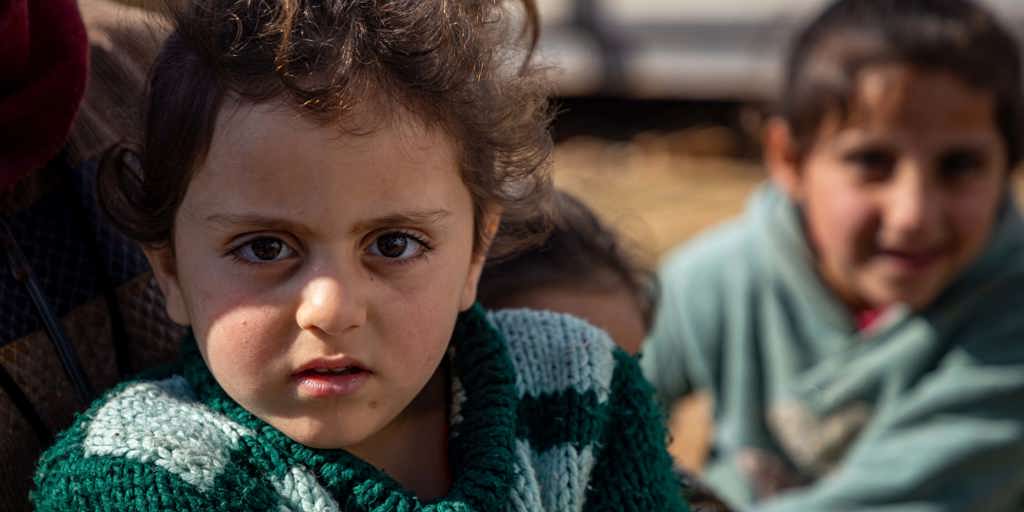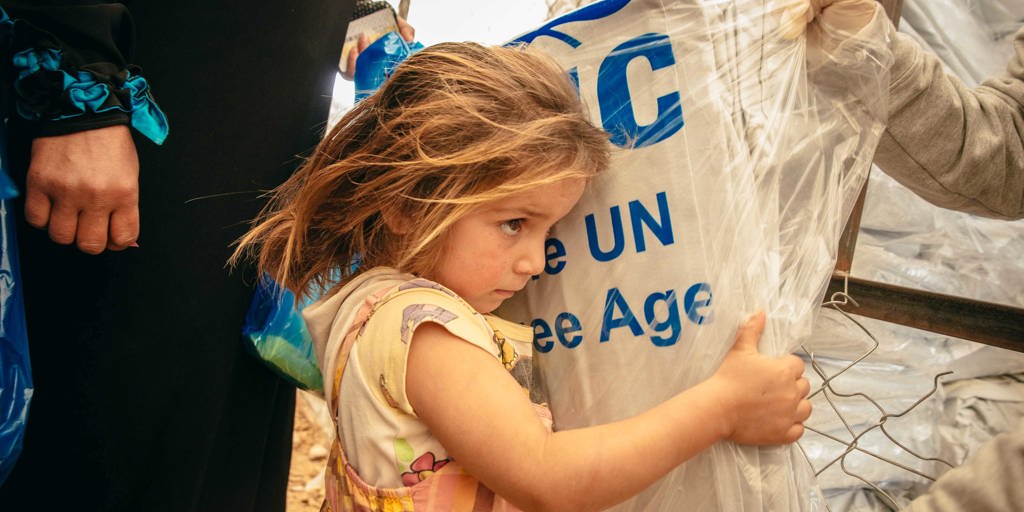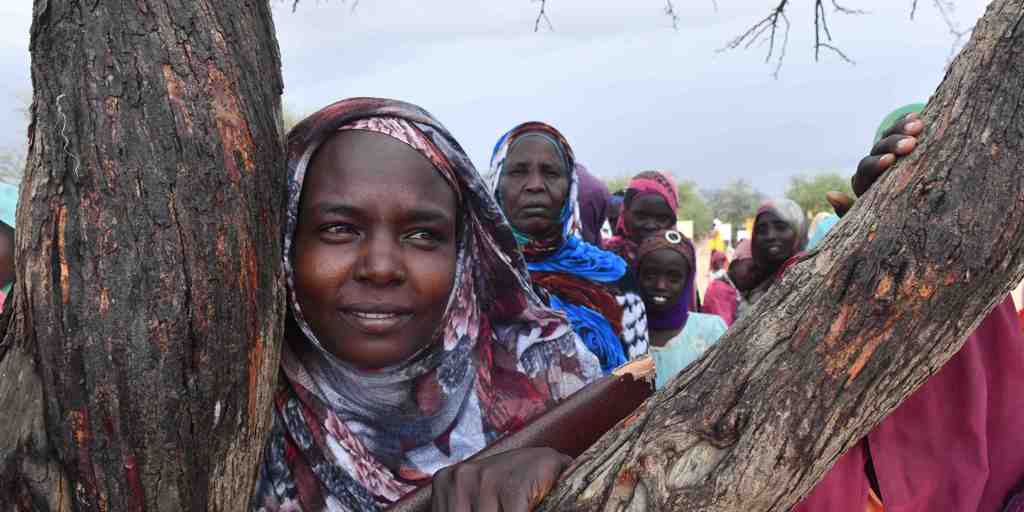When violence erupts and disaster strikes, your support allows UNHCR to go straight into action. UNHCR is often first in and last out in a refugee crisis, and is able to have staff and supplies on the ground within 72 hours.
We bring you stories from displaced people fleeing conflict and disaster, as well as personal accounts from New Zealand donors, fundraisers and field workers.
Aotearoa New Zealand for UNHCR is the UN Refugee Agency’s national partner in New Zealand, raising funds and awareness to support displaced people across the globe. Nobody chooses to be a refugee, but we can all choose to stand with refugees in their time of need.
A donation to Aotearoa New Zealand for UNHCR will bring life-changing assistance to people fleeing conflict, disaster or persecution. Your regular and one-off gifts help displaced people on their journey to safety.

















